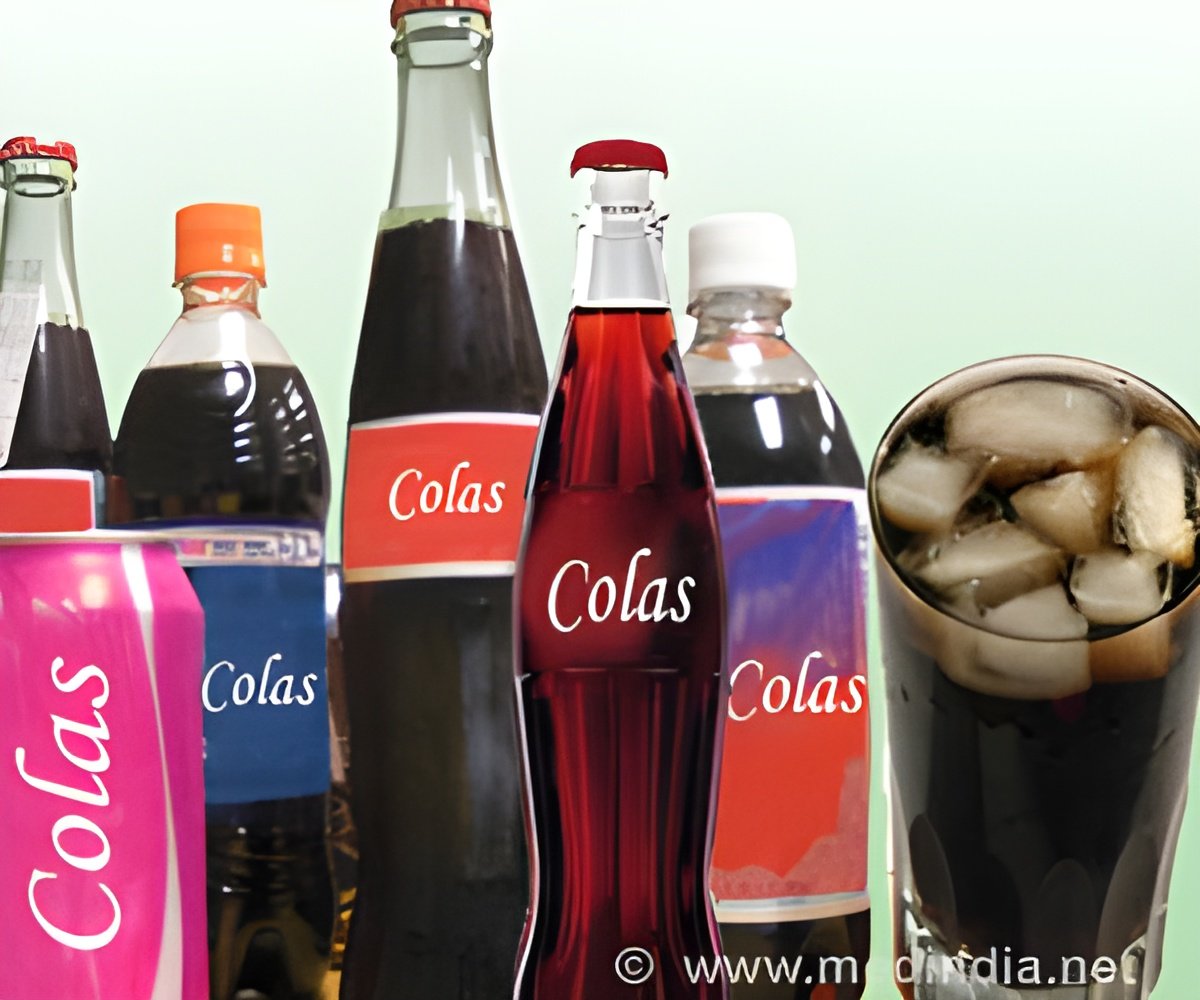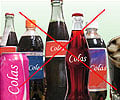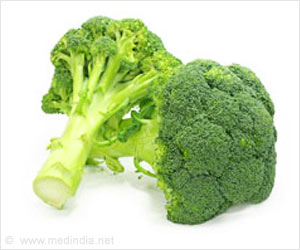Consumption of sugar-sweetened beverages can be harmful to your health and may also be addictive, reveals a new study.

All 25 participants in this exploratory study reported normally consuming at least three sugar-sweetened beverages a day before the study and were told they were participating in a study exploring "how soda affects teenagers' health."
The youths reported the following specific symptoms during the three-day period of cessation from sugary drinks: increased headaches, decreased motivation to do work, lack of contentment and ability to concentrate, cravings for sugary drinks, and lower ratings of overall wellbeing.
The findings were published in an article, "Potentially addictive properties of sugar-sweetened beverages among adolescents," appearing in the journal Appetite.
"An abundance of research points to sugary drinks as contributing to a number of chronic diseases. Our findings -- that these drinks may have addictive properties -- make their ubiquitous availability and advertising to youth even more concerning for public health," said Jennifer Falbe, assistant professor in the Department of Human Ecology in the College of Agricultural and Environmental Sciences at UC Davis and the lead author of the article.
The teens, all overweight, were instructed to consume their normal beverages for five days, then, for three days afterward, to consume only water or plain milk. They were reimbursed for travel and received up to $160 for participation.
Advertisement
Among nine participants, there were some lapses in compliance, usually due to drinking flavored milk instead of plain milk.
Advertisement
The study may have important implications for public health and should be repeated with a larger sample, the researchers said.
"These results, combined with present and future corroborating evidence, could inform clinical practice around helping adolescents reduce sugar-sweetened beverage intake, have important implications for messaging in public health campaigns, and inform the need for efforts to reduce sugar-sweetened-beverage advertising to youth and those drinks' availability in and around schools," the report concluded.
Source-Eurekalert









